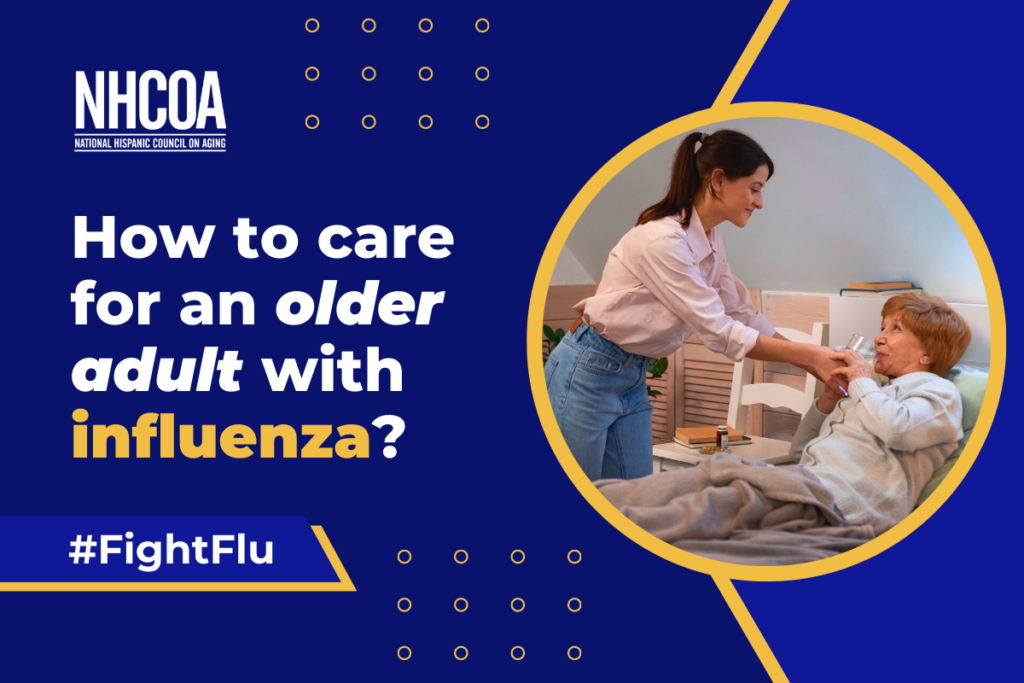
After the age of 65, influenza (flu) becomes a more severe and dangerous disease. Therefore, it is necessary to take extra care of our aging loved ones and prevent the spread of influenza in every possible way. In these cases, biosafety measures should be a daily and meticulous practice.
Taking a proactive approach to the suspicion of influenza in older adults can save the patient’s life and prevent health complications. Treating early symptoms and seeking medical help, even before influenza test results are available, can make a big difference in treatment and prevention, ensuring real clinical benefit.
It is estimated that between 75% and 90% of influenza deaths occur in people in this population. Experts believe that the reason for the high mortality rates is not the spread of the virus, but the body’s response to inflammation. This is why a quick response to symptoms and treatment to avoid complications becomes extremely necessary.
Once someone gets the flu, the only true “cure” is to rest and drink plenty of fluids, however, a doctor may prescribe some antiviral medications that can prevent the virus from spreading in the body and shorten the duration of symptoms. These should be taken within 48 hours of noticing the flu symptoms and it is important to clarify that these are NOT a substitute for the flu vaccine. With good care, symptoms should disappear completely within one to two weeks. If the signs are very severe, it is important to talk to a doctor.
Among the recommendations provided by experts to care for older adults with the flu are:
- Periodically disinfect surfaces around the home.
- Rest and hydrate well.
- Avoid crowded places, especially in a season when there are many positive cases.
- Wash your hands regularly during the day and avoid touching your eyes, mouth or nose.
- Maintain a healthy diet that strengthens the immune system.
- Regularly disinfect surfaces at home.
Influenza in older adults can develop into a very serious illness because they do not have what we call “physiological reserve” like younger people. Older people will feel even more sick if they get the flu and are at greater risk for complications.
One of the most serious complications is primary viral pneumonia or secondary bacterial pneumonia. Most hospitalizations and deaths from influenza in older adults are a consequence of pneumonia and other respiratory disorders. In addition, if an older person has any chronic health conditions, such as congestive heart failure, chronic lung disease, diabetes or kidney failure, these could be exacerbated by the flu.
Even if you know what to do if you get the flu, it is best to prevent it by getting the influenza vaccine. Everyone, especially those over 65 years of age, should get it once a year. This flu shot reduces the risk of contracting the disease, avoiding contagion and its complications.
References:
Gripe en adultos mayores: síntomas, tratamientos y complicaciones – Mejor con Salud
Gripe: 6 recomendaciones para prevenirla en los adultos mayores (hogarcorazondejesus.org.ec)

Recent Comments